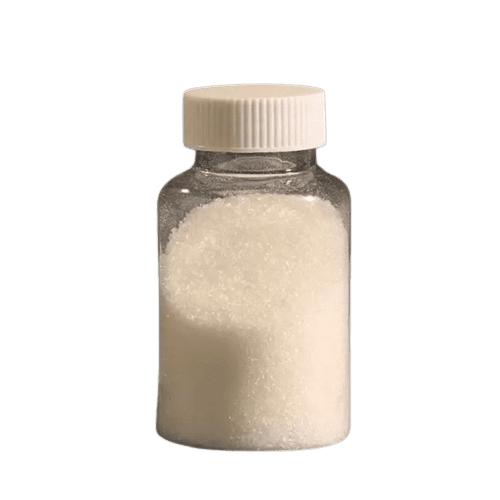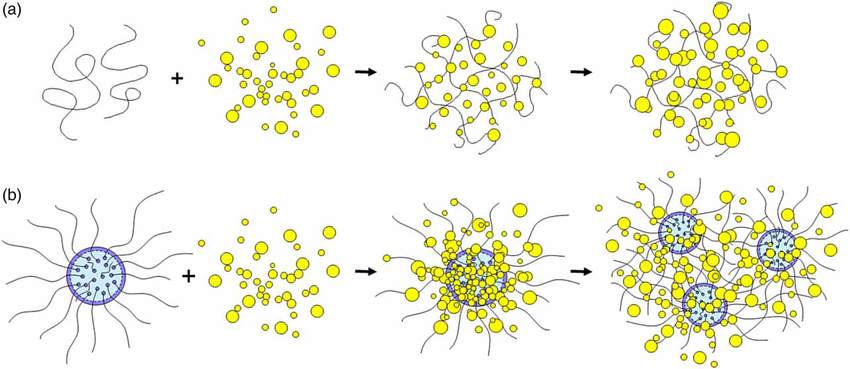Anionic Flocculant
Definition
Anionic flocculant are polymers that consist of long chains of negatively charged particles. Flocculants act as effective agents for water purification and wastewater treatment processes. These materials are widely used in various industrial and urban applications due to their exceptional ability to separate suspended solids from liquids. These materials, by absorbing and connecting fine particles to each other, anionic flocculants cause them to form larger and heavier grains and thus increase their settling or floating. This article reviews the properties, mechanisms and applications of anionic flocculants and provides an overview of their importance in the field of water treatment and environmental engineering.
One of the key aspects of anionic flocculants is their high negative charge density, which facilitates effective binding with positively charged materials, such as metal ions and organic molecules in water or wastewater. This charge interaction mechanism is known as flocculantization. During this mechanism, anionic flocculants molecules neutralize the electric charge of suspended solids and lead to their sedimentation or floating. The anionic nature of these flocculants also allows for the formation of stable flocculants with lower water content that can be easily filtered or removed from the liquid phase.

Applications of anionic flocculants
The applications of these materials are diverse and wide. In urban wastewater treatment, they are used during primary and secondary treatments to remove suspended solids from wastewater streams. These materials help to achieve the desired effluent quality level.
In industrial processes, such as mining, pulp and paper production, and chemical production, these flocculants are used for liquid separation Solid and sludge dewatering are used.
These materials help to reduce water consumption, improve process efficiency and minimize environmental effects.
Another important application of flocculants is in drinking water purification. By effectively removing suspended particles, these flocculants play an important role in increasing the clarity and purity of drinking water.
In addition, flocculants can be used in the process of remediation of polluted water bodies such as lakes, rivers and underground water tables. These flocculants help to remove pollutants including heavy metals, organic compounds and suspended solids. As a result, they restore ecological balance and improve ecosystems.
The successful application of these materials depends on several factors, such as choosing the right type of flocculants, optimizing the dosage and process conditions. Water treatment engineers and researchers apply their expertise to design and implement efficient flocculants processes. Their goal is to reduce water pollution, preserve natural resources and protect human health and the environment by using their potential.
as a result
Flocculants are a vital tool in water treatment and wastewater treatment applications. Their negative charge density enables them to effectively flocculants suspended solids. Therefore, it facilitates their subsequent separation from liquid phases.
From urban wastewater treatment and industrial processes to drinking water treatment and environmental improvement, this product is a suitable solution to achieve the quality and sustainability of water.
Further research and development of new flocculants formulations and application techniques will continue to advance the field of water treatment, leading to improved efficiency and reduced environmental impact.


